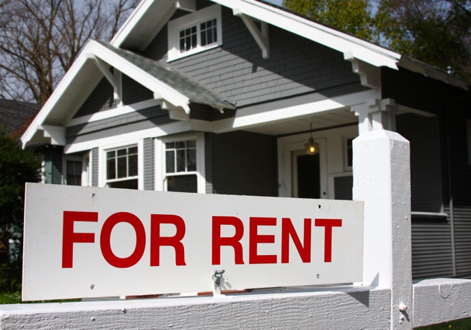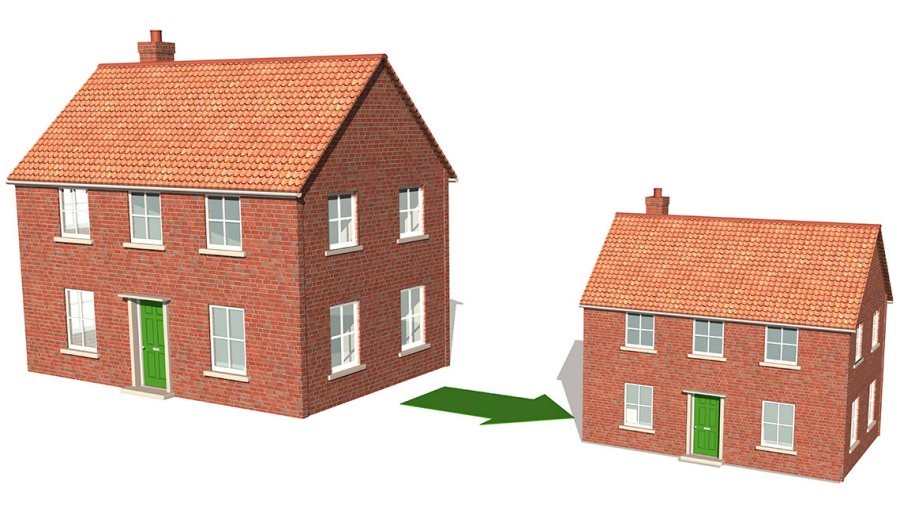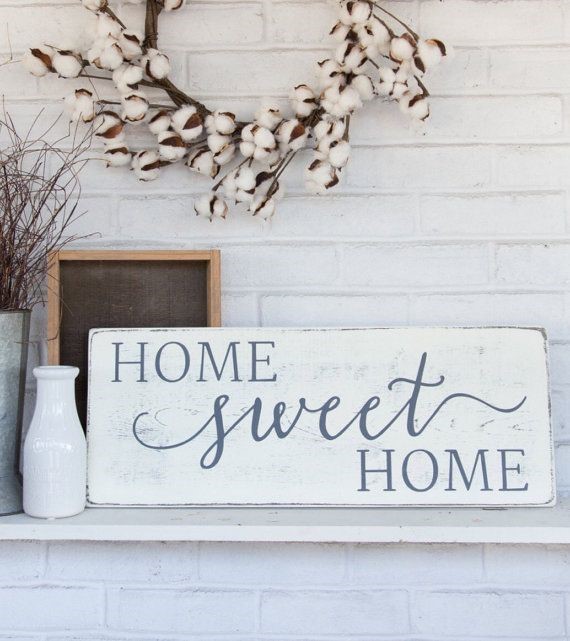A Guide to Owning a Rental Property

Owning a rental property can be a great way to make money. But to be successful at it, you need to do your homework first and make sure you know what you’re getting yourself into. Here are some tips to help you get started:
- Choose an experienced Realtor. Finding the right agent is critical to successfully capitalize on real estate investments. You want to find someone who has the knowledge to make the process easier for you. They should have awareness of location, value, and return on investment. Your agent really should be an investor, too. That first-hand knowledge and experience will be invaluable to you going forward.
- Location, location, location! Research what areas are declining and which ones are on the rise before deciding where to purchase an investment property. If large retailers such as Lowe’s or Home Depot are setting up shop there, it’s probably a good place to invest because big chains do a lot of research before moving in. How to Pick the Ideal Location for Investment Properties
- If you plan to invest with a partner, make sure you have a partnership agreement drawn up to protect all parties in case something happens. Relationships can sour and expensive mistakes can happen. Making early decisions about how to handle bad situations will help prevent catastrophic results.
- Be prepared to invest for the long term. When you hold onto a property for a long time, you can manage expenses and income easier and use the money to pay the mortgage.
- Be picky about renters. If you are going to rent to students or rent rooms to different people verses to a family, you may need special permits, depending on where you live. Educate yourself about rules and regulations for renting out your property. Landlord and Tenant Rights in Alabama
- If you have more than three properties you’re renting out, you would benefit from hiring an experienced property manager. It can be overwhelming when you are trying to take care of multiple homes (including your own!). A property manager will handle repairs and minor problems for tenants. They will help find new tenants as well. Just keep in mind that property managers usually get around 10% of the monthly rent.
Being a landlord isn’t always easy. But with the right investment, it can be very rewarding!
If you are in the market to invest in real estate in the Montgomery area, let Sandra Nickel and her Hat Team of Professionals assist you with all your real estate needs! Call them today at 334-834-1500!
Photo Credit: thebalance.com



















